The U.S. State Department has issued an updated travel advisory for France, raising concerns about heightened risks in several urban areas. The move comes amid growing security challenges and shifting threat assessments across Europe. While France remains a top destination for American travelers, the revised warning urges visitors to exercise increased caution, particularly in major cities where terrorism and civil unrest pose potential dangers.
According to diplomatic sources, the updated alert reflects recent intelligence assessments pointing to elevated threat levels in specific regions. Paris, Lyon, and Marseille have been singled out as requiring special vigilance due to a combination of factors including terrorist activity, organized crime, and periodic violent demonstrations. The advisory notes that while the overall risk remains below that of active conflict zones, the situation warrants more cautious behavior than in previous years.
Security analysts point to multiple incidents over the past eighteen months that have contributed to this reassessment. Several foiled terror plots targeting tourist areas, combined with increasingly disruptive protests, have created what experts describe as a "volatile security environment." The famous Champs-Élysées in Paris has seen multiple violent clashes between police and demonstrators, while the Mediterranean port city of Marseille continues grappling with gang-related violence that occasionally spills into tourist districts.
The travel notice specifically highlights transportation hubs as potential risk areas. Charles de Gaulle Airport and major train stations have implemented enhanced security measures following attempted attacks in recent years. Travelers are advised to remain alert in crowded spaces and follow local authorities' instructions during security incidents. The advisory also mentions that U.S. government personnel in France now face additional movement restrictions in certain neighborhoods after dark.
Cultural events and religious sites receive particular attention in the updated guidance. The State Department warns that locations like Notre-Dame Cathedral (currently under restoration) and the Eiffel Tower complex may present "soft targets" despite robust security presence. French authorities have dramatically increased police visibility at major attractions, with armed patrols becoming commonplace since the 2015 terror attacks. However, the advisory notes that determined attackers have demonstrated capability to strike even heavily guarded locations.
Beyond terrorism concerns, the warning addresses growing civil unrest across French cities. Protest movements opposing pension reforms and other government policies have frequently turned violent, with rioters targeting police, public property, and occasionally bystanders. The advisory notes that these demonstrations often materialize with little warning and can disrupt transportation networks. Travelers are cautioned to avoid protest areas and monitor local media for updates on unrest.
The economic impact of such warnings remains a sensitive topic. French tourism officials have pushed back against what they characterize as "overly alarmist" assessments, noting that millions of visitors experience France without incident each year. However, some boutique hotels and tour operators report increasing cancellations from American clients since the advisory update. Industry analysts suggest the effect will likely be limited to particularly risk-averse travelers, as France's enduring appeal continues drawing record numbers overall.
Security experts emphasize that the elevated warning doesn't equate to advising against travel. Instead, they recommend practical precautions like varying daily routines, avoiding obvious tourist crowds when possible, and maintaining situational awareness. The advisory specifically suggests enrolling in the Smart Traveler Enrollment Program (STEP) to receive real-time updates and making contingency plans for emergency situations.
Diplomatic relations between the U.S. and France remain strong despite the travel notice. Officials from both countries continue close counterterrorism cooperation, with French security forces having prevented numerous attacks in recent years. The advisory acknowledges France's robust security apparatus while noting that no country can guarantee complete protection against determined attackers.
Looking ahead, analysts predict these elevated risk assessments may persist given Europe's evolving security landscape. Factors including returning foreign fighters from conflict zones, rising extremism, and social tensions contribute to an environment where French authorities maintain their Vigipirate security plan at its second-highest level indefinitely. For American visitors, this means adapting to a "new normal" of bag checks, metal detectors, and armed patrols at major sites.
The updated advisory concludes by reminding travelers that risk exists everywhere, and that millions enjoy France safely each year by taking reasonable precautions. It recommends balancing vigilance with appreciation for France's unparalleled cultural offerings, suggesting that informed travelers can minimize risks while maximizing their experience. As always, the State Department urges citizens to purchase comprehensive travel insurance and share itineraries with trusted contacts before international trips.

By Emily Johnson/Apr 11, 2025

By William Miller/Apr 11, 2025

By Benjamin Evans/Apr 11, 2025

By Grace Cox/Apr 11, 2025

By Amanda Phillips/Apr 11, 2025

By James Moore/Apr 11, 2025

By Natalie Campbell/Apr 11, 2025

By Eric Ward/Apr 11, 2025

By James Moore/Apr 11, 2025
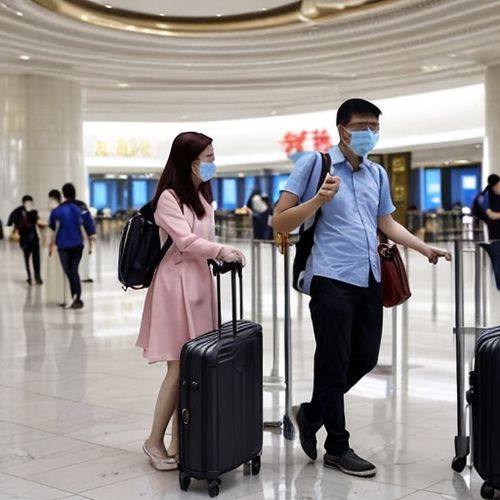
By Emily Johnson/Apr 11, 2025
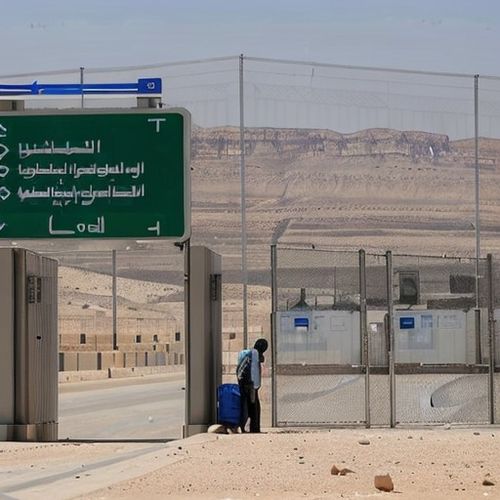
By Christopher Harris/Apr 11, 2025

By Michael Brown/Apr 11, 2025
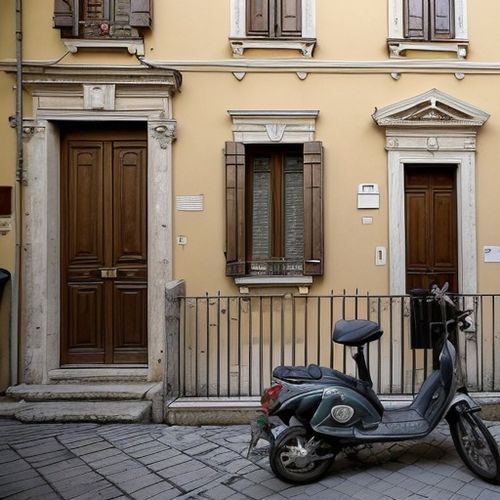
By Rebecca Stewart/Apr 11, 2025
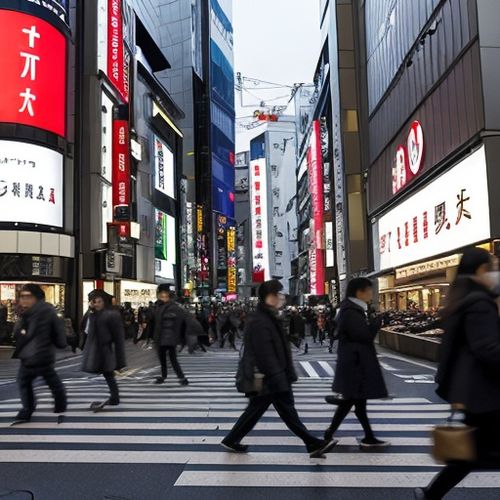
By John Smith/Apr 11, 2025
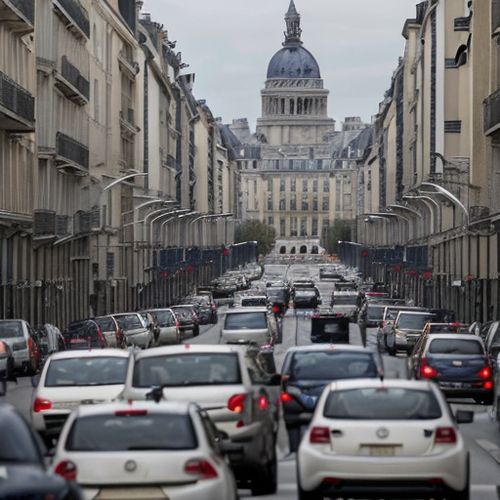
By Natalie Campbell/Apr 11, 2025

By Emily Johnson/Apr 11, 2025
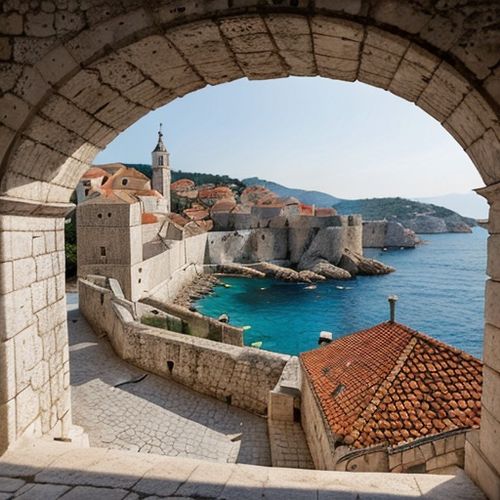
By John Smith/Apr 11, 2025

By Michael Brown/Apr 11, 2025

By Amanda Phillips/Apr 11, 2025

By Joshua Howard/Apr 11, 2025